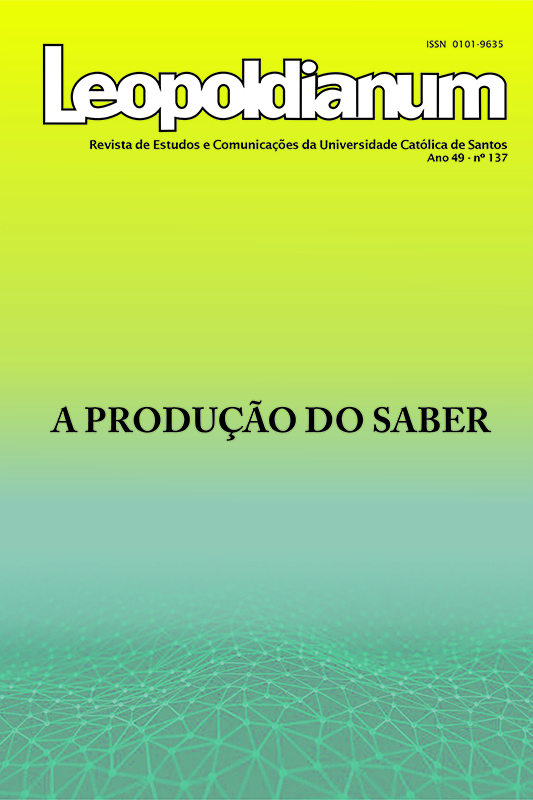ELEIÇÃO POR VOTO RANQUEADO: FUNDAMENTOS, CONSTITUCIONALIDADE E DESEMPENHO SEGUNDO PADRÕES INSTITUCIONAIS BRASILEIROS
DOI:
https://doi.org/10.58422/releo2023.e1403Abstract
The present work aims to evaluate an alternative to traditional voting models, named ranked
or alternative voting, in order to respond to the following problem: is the proposal to elect
candidates by alternative voting compatible with the Brazilian constitutionality block? If so,
what are the institutional impacts of its eventual adoption? The hypothesis is that the aforementioned voting method can be accepted by the national order, but its performance
depends on procedural issues specific to the Brazilian context. For this purpose, a deductive
methodology will be adopted, thus, from the comparison between the premises, the aim is
to extract a verdict regarding the potential reception of this form of voting. Therefore, after
contextualizing the deficits of traditional voting systems that motivate the consideration of
alternatives, the main characteristics of the alternative voting system will be addressed, as a
premise. In turn, the constitutional parameters of voting in the Brazilian legal system will be
listed. From these premises, finally, conclusions will be drawn regarding the constitutionality
of the proposal, conclusions that will be evaluated according to the deficits of traditional
voting methods.
Published
Versions
- 2023-05-15 (2)
- 2023-04-27 (1)
Issue
Section
License
A Revista Eletrônica Leopoldianum - Revista de Estudos e Comunicações da Universidade Católica de Santos (ISSN: 2965-9566) é detentora dos direitos autorais de todos os artigos publicados por ela. A reprodução total dos textos em outras publicações, ou para qualquer outro fim, por quaisquer meios, requer autorização por escrito do editor. Reproduções parciais de artigos (resumo, abstract, mais de 500 palavras de texto, tabelas, figuras e outras ilustrações) deverão ter permissão por escrito do editor e dos autores.












